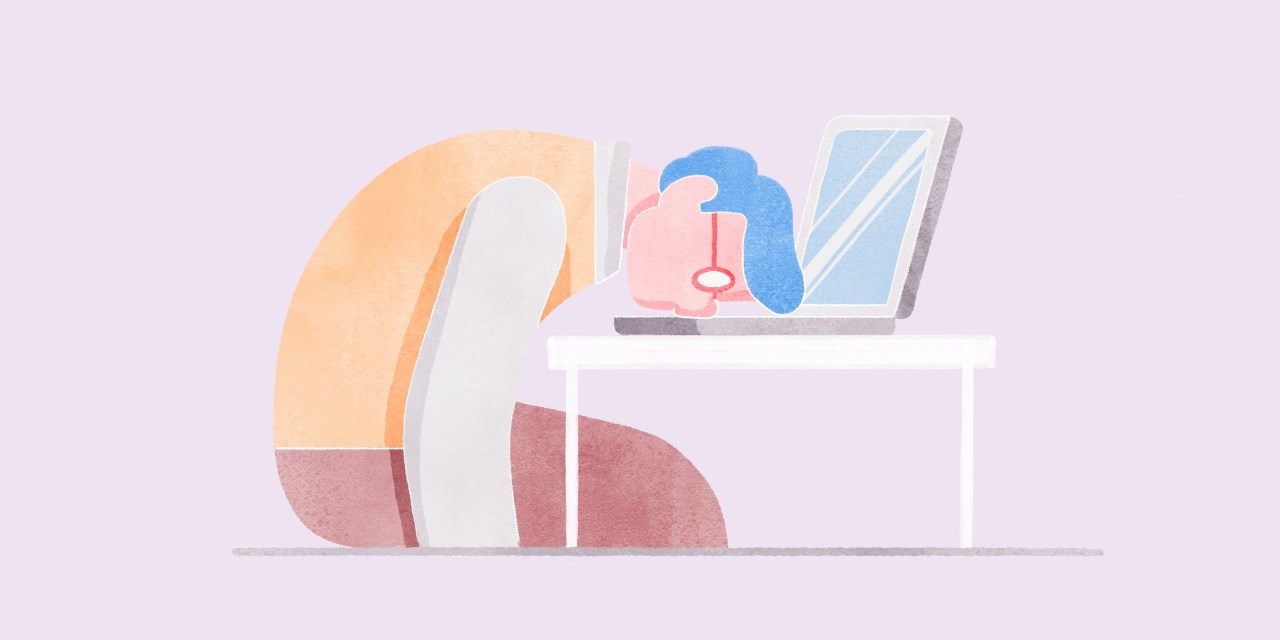Will RTO put the kibosh on napping at work?

Remote work has allowed many people to slip other personal tasks into their workdays, like taking the dog for a walk at lunch or doing laundry while taking a break between meetings. Many have also enjoyed taking afternoon naps from the comfort of their home that they’ll now have to give up on the days they return to work.
While sleeping at work has long been stigmatized (unless you’re a doctor on a 14-hr shift) the benefits of a quick power nap can boost productivity and worker well-being, even if it’s often seen as slacking off, experts say. And as workers put more value on flexibility, allowing them time for self-care during the workday in whatever form that takes is becoming increasingly important.
A 2020 study from MIT found that after more than three weeks of daily 30-minute afternoon naps, workers in data-entry roles in India were more productive, and their psychological well-being, patience and attention also improved.
Those workers were provided a separate area away from where they work at the office and offered a bed, pillow, ear plugs and eye mask to better rest themselves. Researchers said the timing of the naps likely helped considerably as a daily drop in energy after lunch is typical.
“You’re going to be a clear thinker, your decision making is going to be improved, your problem solving is going to be improved, because your brain has had a chance to rest and switch off,” said Patricia Ashworth, director of learning solutions at AdviserPlus, an HR consultancy.
“It could be a real differentiator for employers who are really forward thinking to be able to offer that as part of the psychological contract for their people,” Ashworth said.
Some companies actually do encourage their employees to nap on the job, like Zappos, where former CEO Tony Hsieh has long been a proponent of napping to boost productivity.
The online shoe retailer has an entire room dedicated to resting at its Las Vegas headquarters complete with an overhead aquarium for staff to briefly relax and recharge away from their workspaces.
Management consultancy PriceWaterhouseCoopers also offers nap pods, dubbed “energy pods” at several of its U.S. offices. Employees can take a 20-minute break and rest in the pods which can be used on a first-come first-serve basis.
“There are more demands on our people than ever before, and our continued investment in a wide range of industry-leading benefits and resources helps us cultivate a workforce that is happier and healthier,” PwC U.S. well-being leader DeAnne Aussem said in an email.
But for most organizations, taking a nap at work still isn’t encouraged.
“It’s about you tuning into what the culture is, and for sure there are many organizations where it just would not be acceptable,” Ashworth said.
Organizations should at least be mindful of allowing employees to take regular breaks and use that time for themselves, said Hallie Kristsas, a licensed mental health counselor at Thriveworks.
Remote work has allowed Kristsas to use her lunch break to walk her dogs and step away from her screen which she finds greatly beneficial.
“Our self care should be put at the forefront whenever it’s applicable during the work day,” she said.
For those who want to nap at work and make sure it’s accommodated, “I think the big part of it would be to have an open dialogue with your supervisor to your boss,” Kristsas said.
